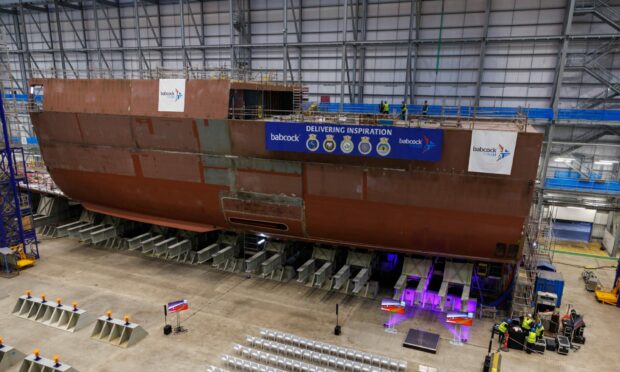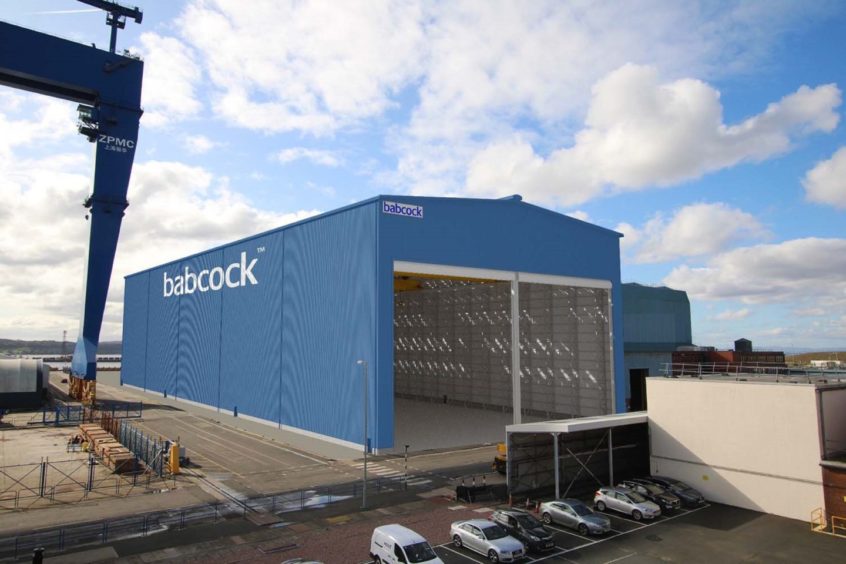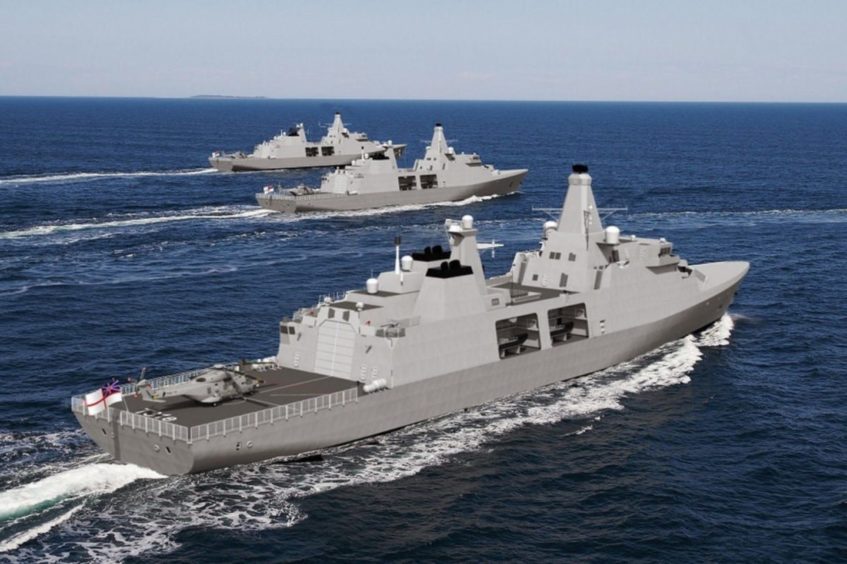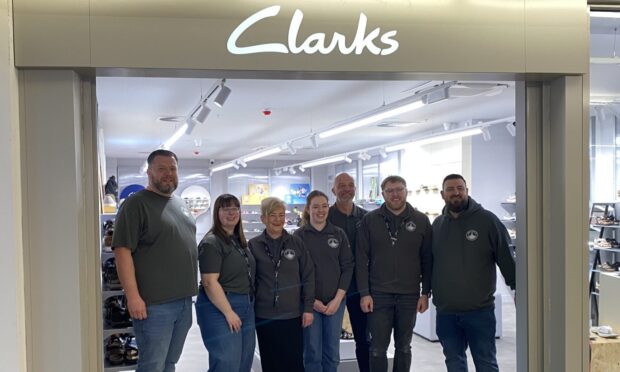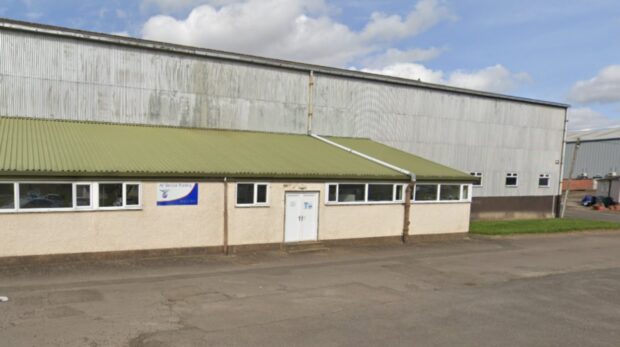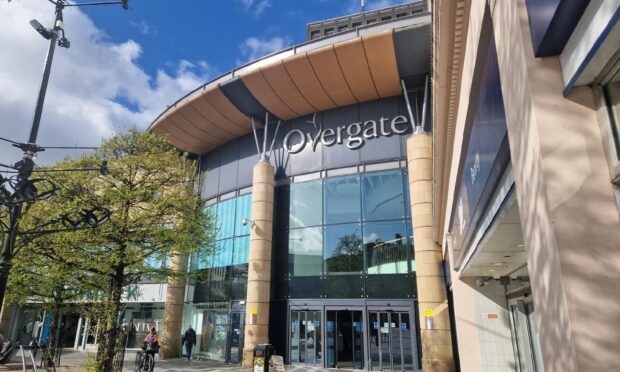Babcock has blamed fast growing wages in the Rosyth area of Fife for a £90 million hit on its programme to build five warships for the Royal Navy.
The contract for the five Type 31s frigates was valued at £1.25 billion when it was signed in 2019.
It has given the Fife economy a boost, with around 1,250 workers required to deliver the ships by 2028.
A recruitment drive by Babcock earlier this year said as many as 400 apprenticeships and 350 production support operatives, skilled engineers and graduate roles will be offered over the next four years.
However, with the contract signed before significant cost increases in materials and wages, the deal has turned out to be loss-making for Babcock.
After informing stock market investors that it was taking a £100m write-down on the project last year, Babcock is now accounting for a further £90m loss in this year’s accounts.
Babcock financial troubles of Type 31 warship programme
As the cost of materials and wages spiked, Babcock started negotiations with the Royal Navy.
In a trading update last spring, it said it had been unable to reach an agreement on who is responsible for the additional costs.
A dispute resolution process commenced, with Babcock accounting for a £100m loss on the programme in its accounts last year.
This dispute has now been settled but in a new update to the stock market, the engineering giant said wages in Fife outpacing the consumer price index (CPI) was one of the reasons for the latest write-down.
It said: “Signed in 2019, the Type 31 contract for five ships is the last material legacy onerous contract the group is managing.
“During the year we have settled the dispute resolution process with the customer, which has enabled the restructuring of the programme to drive efficiency and to protect the in-service date.
“Overall estimated programme costs have increased due to the maturing of the design and increase in the forecast cost of labour.
“The increase in the cost of labour in the market available to Rosyth is forecast to be higher than CPI, the indexation within the Type 31 contract.
“These cost increases cause the total contract outturn to deteriorate by £90m, which has been fully recognised in FY24.
“The cash impact of the loss is expected to be realised over the remaining five years of the programme.”
Changes to Type 31 plans
Despite some delays due to Covid-19, the programme remains on track to be completed in 2028.
The firm said the superstructure of the first ship, HMS Venturer, is almost complete. Work is progressing on the second ship, HMS Active, with the keel laid.
Babcock said the programme has been restructured following a detailed operational review with a focus on efficiencies.
It said: “During the year we initiated an operational improvement programme to challenge all aspects of the contract, including a significant focus on cost drivers and financial modelling, supported by external consultants.
“Our operational improvement programme is facilitated by the fact that the design is now more mature.
“Although this has increased the volume of work, the design maturity has allowed us to target improvements in productivity and ongoing support costs.”
Babcock winning the Royal Navy contract followed the Rosyth yards constructing two Royal Navy aircraft carriers, HMS Prince of Wales and HMS Queen Elizabeth.
